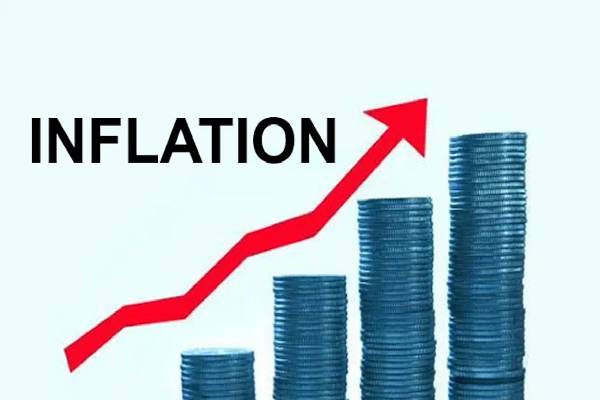Nigeria’s spiraling inflation rate has eroded the N30,000 monthly minimum wage by more than 40 percent since 2019, a new report by Afrinvest (West Africa) Limited, a wealth advisory firm has said.
The report titled ‘The Cost of Nigeria’s Spiraling Inflation Rate on the Average. Households’ noted that for over the past two years, Nigeria’s macroeconomic fundamentals have come under significant pressure, and the elevated inflation rate has had a detrimental effect on the purchasing power of the average household.
As a result, the report noted that there has been a considerable increase in the share of real disposable income allocated to final consumption expenditure.
According to Afrinvest: “Our model reveals that the purchasing power of households with fixed earnings, such as those earning the minimum wage of N30,000, has fallen by more than 40.0% since 2019 due to the inflation scourge.
“We observed that since the national minimum wage was raised to N30,000 from N18,000 in 2019, the headline inflation rate index has risen by about 68.3ppts from 2019 year-end to 517.39 points in February 2023. As a result, when adjusting the value of the minimum wage rate for inflation over this period, our estimate suggests that the purchasing power of the average household has been eroded by 40.6%, leaving the consumers worse off in real terms compared to pre-2019.”
The report further noted that connecting this to the average household allocation from disposable income, the analyst estimates average inflation rate reading has even worsened to 18.8% in 2022, no thanks to the additional pressure from the global supply chain stoked by the war in Eastern Europe.
The report, therefore, concluded that a modest upward review in the national minimum wage rate, combined with a concerted effort targeted at boosting output level in the near term (to curb demand-pull inflation) and taming supply-side shocks, would be crucial to prevent more households from falling below the poverty line.
“By adopting these measures, Nigeria can mitigate the impact of the pressured macroeconomic fundamentals and improve the living standards of its citizens,” It added.

 Join Daily Trust WhatsApp Community For Quick Access To News and Happenings Around You.
Join Daily Trust WhatsApp Community For Quick Access To News and Happenings Around You.
